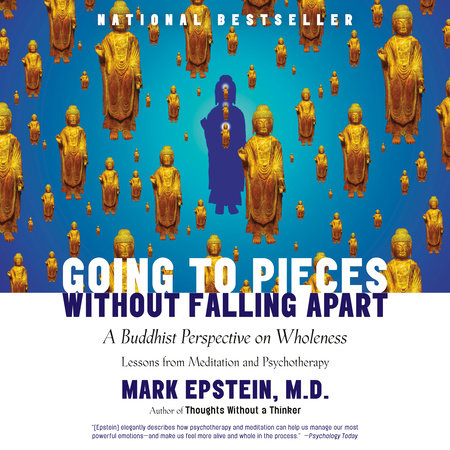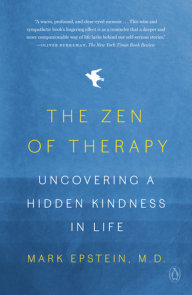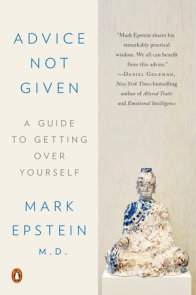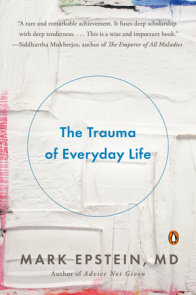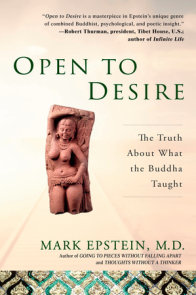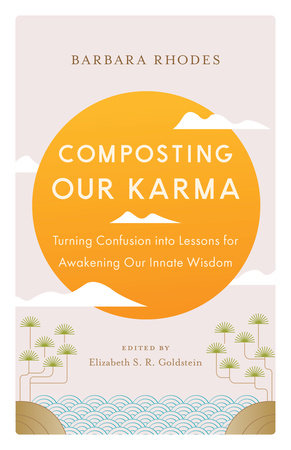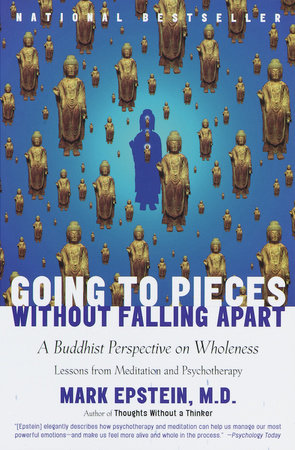

Going to Pieces Without Falling Apart
By Mark Epstein, M.D.
By Mark Epstein, M.D.
By Mark Epstein, M.D.
By Mark Epstein, M.D.
By Mark Epstein, M.D.
Read by Mark Epstein, M.D.
By Mark Epstein, M.D.
Read by Mark Epstein, M.D.
Category: Self-Improvement & Inspiration | Religion | Psychology
Category: Religion | Self-Improvement & Inspiration | Psychology
Category: Self-Improvement & Inspiration | Religion | Psychology | Audiobooks

-
$16.99
Jun 01, 1999 | ISBN 9780767902359
-
Apr 17, 2013 | ISBN 9780307830098
-
Feb 11, 2025 | ISBN 9798217081127
360 Minutes
Buy the Audiobook Download:
YOU MAY ALSO LIKE
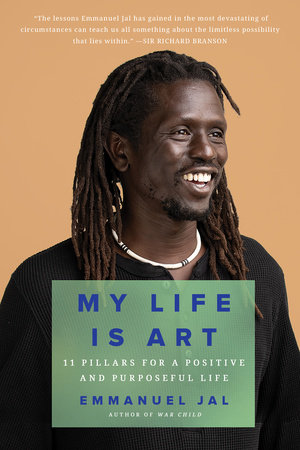
My Life Is Art
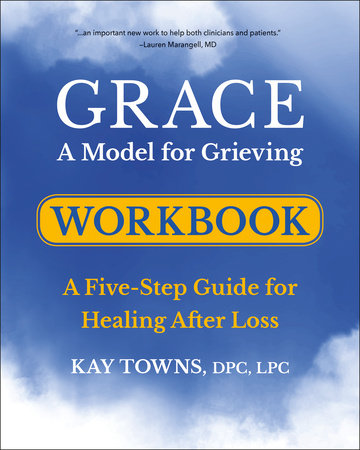
GRACE: A Model for Grieving Workbook
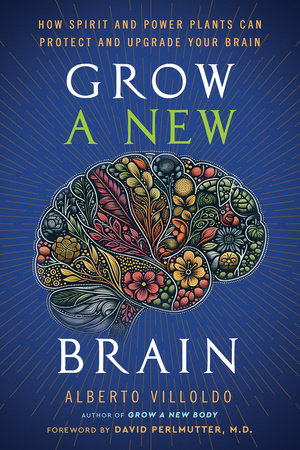
Grow a New Brain

Overcoming

We Over Me

Cosmic Comfort

The Love Everybody Wants

LifeStyled

The Sobriety Deck
Praise
“[Epstein] elegantly describes how psychotherapy and meditation can help us manage our most powerful emotions—and make us feel more alive and whole in the process.”
—Psychology Today
“Exhilarating . . . brilliant and original. . . . Important because it shows how work on the pains and pleasures of our own lives can be a means of transformation.”
—New Age
“A daring and profound synthesis of intelligence about emotions East and West . . . establishes Mark Epstein as one of psychology’s most dazzling thinkers.”
—Daniel Goleman, author of Emotional Intelligence
“Plato’s Socrates once wondered whether he should be a politician or a physician—that is, whether he should try to serve the existing tastes and interests of his fellow citizens or continually work to improve their minds and souls. Going to Pieces Without Falling Apart will appeal to physicians, therapists, and patients who, like Socrates, opt for the latter.”
—New England Journal of Medicine
“A thought-provoking look at how to break free from psychological materialism.”
—Utne Reader
21 Books You’ve Been Meaning to Read
Just for joining you’ll get personalized recommendations on your dashboard daily and features only for members.
Find Out More Join Now Sign In







